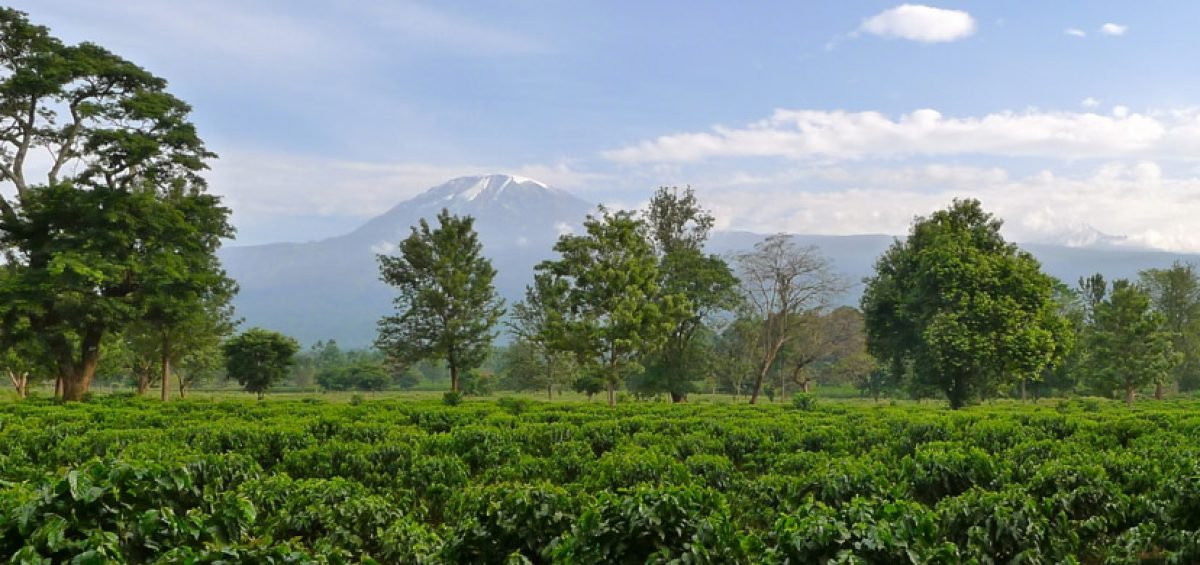 Image 1 of 1
Image 1 of 1


Tanzania Peaberry
Tanzanian peaberry is grown throughout the country; however, the majority is grown on the slopes of Mount Kilimanjaro and Mount Meru. Most coffee in the region is grown on small mountainside farms, or fincas, although a few large plantations do exist, such as the Nitin Estate in the Ngorongoro Crater. Tanzanian peaberry is grown at an elevation of between 4500 and 6000 feet.
Usually, coffee cherries contain two seeds, or beans, flat on one side and rounded on the other. In the case of peaberries, only one seed is fertilised. This results in a single round seed with a ridge down the middle.
Peaberries are considered by some to be superior in quality and taste from regular flat beans. The reasons for this are twofold: The single bean contains all the flavor intensity of two beans, and the round shape of the beans results in a more even roast.
Flavor profile
One thing is certain, a cup of pure peaberry coffee will not taste the same as flat bean coffee, even if the beans came from the same tree. Tanzanian peaberry coffee is known for its intense brightness and high acidity. Conversely, the coffee is medium- bodied and best enjoyed at a medium roast.
Along with a rich, chocolate flavor, Tanzanina peaberry also has hints of dark fruits like blackcurrant, and a soft, sweet finish. Drinkers can also expect to taste floral notes and hints of citrus fruit, coconut, and pineapple.
Like most African coffees, Tanzanian peaberry can be enjoyed hot or iced.
Tanzanian peaberry is grown throughout the country; however, the majority is grown on the slopes of Mount Kilimanjaro and Mount Meru. Most coffee in the region is grown on small mountainside farms, or fincas, although a few large plantations do exist, such as the Nitin Estate in the Ngorongoro Crater. Tanzanian peaberry is grown at an elevation of between 4500 and 6000 feet.
Usually, coffee cherries contain two seeds, or beans, flat on one side and rounded on the other. In the case of peaberries, only one seed is fertilised. This results in a single round seed with a ridge down the middle.
Peaberries are considered by some to be superior in quality and taste from regular flat beans. The reasons for this are twofold: The single bean contains all the flavor intensity of two beans, and the round shape of the beans results in a more even roast.
Flavor profile
One thing is certain, a cup of pure peaberry coffee will not taste the same as flat bean coffee, even if the beans came from the same tree. Tanzanian peaberry coffee is known for its intense brightness and high acidity. Conversely, the coffee is medium- bodied and best enjoyed at a medium roast.
Along with a rich, chocolate flavor, Tanzanina peaberry also has hints of dark fruits like blackcurrant, and a soft, sweet finish. Drinkers can also expect to taste floral notes and hints of citrus fruit, coconut, and pineapple.
Like most African coffees, Tanzanian peaberry can be enjoyed hot or iced.

